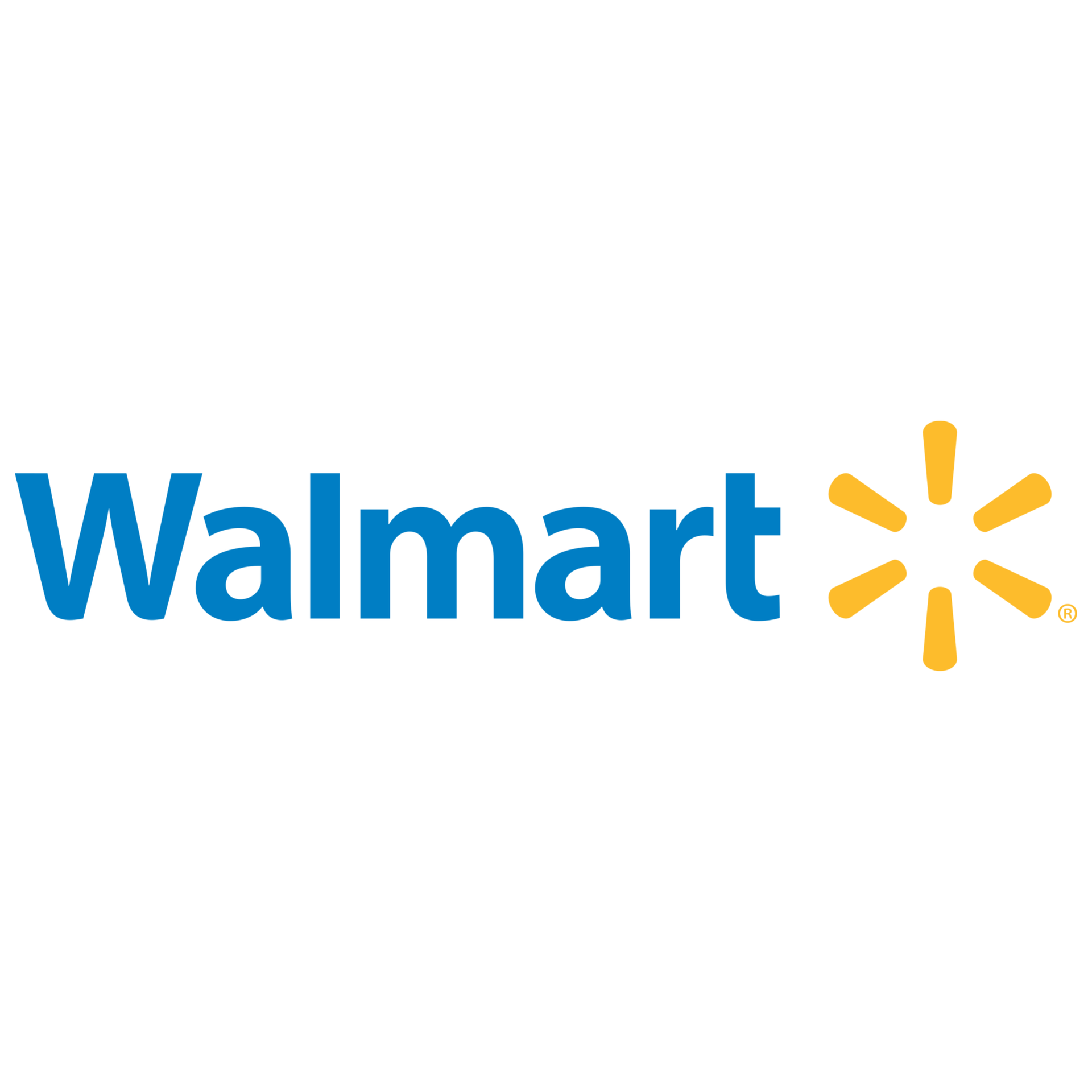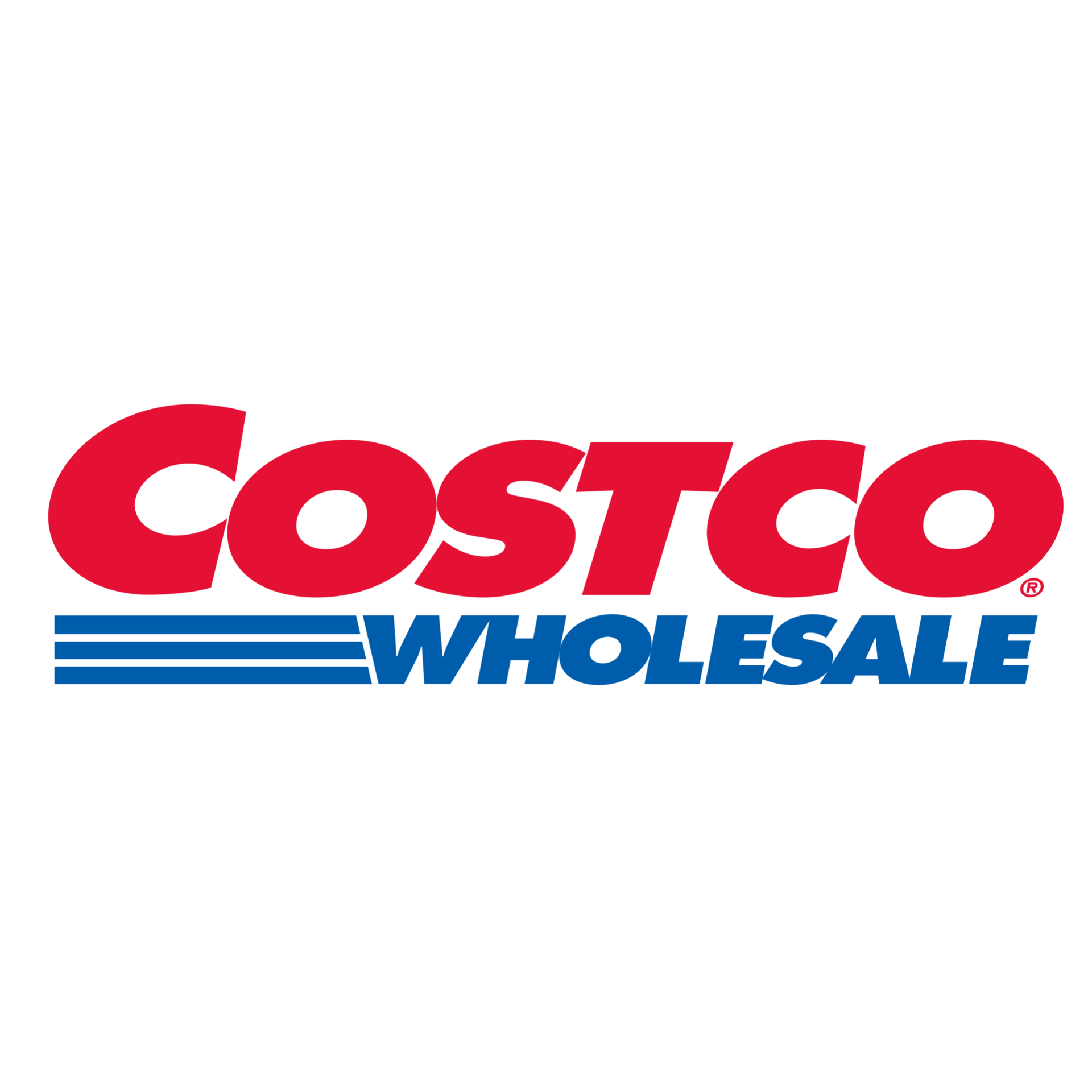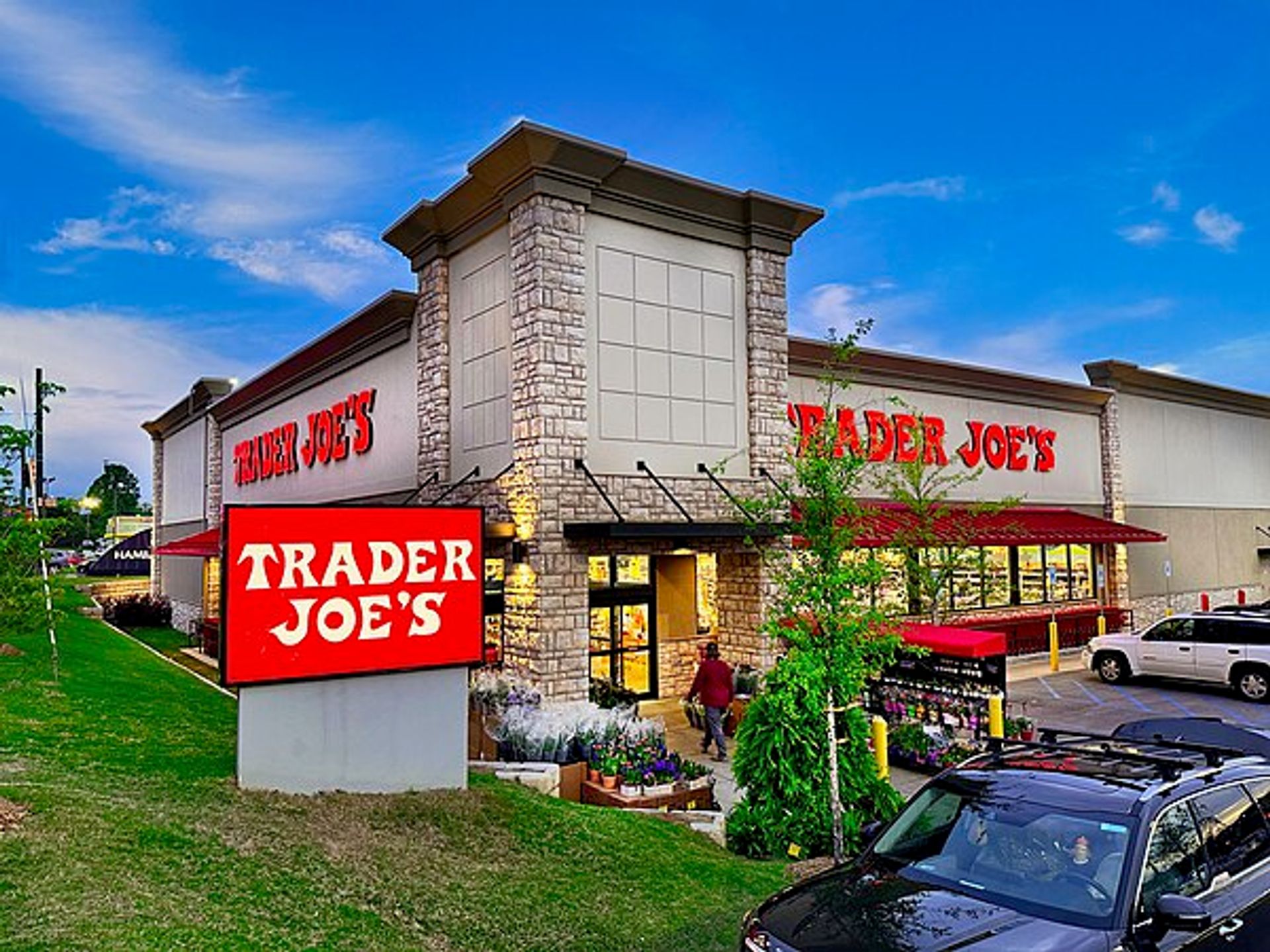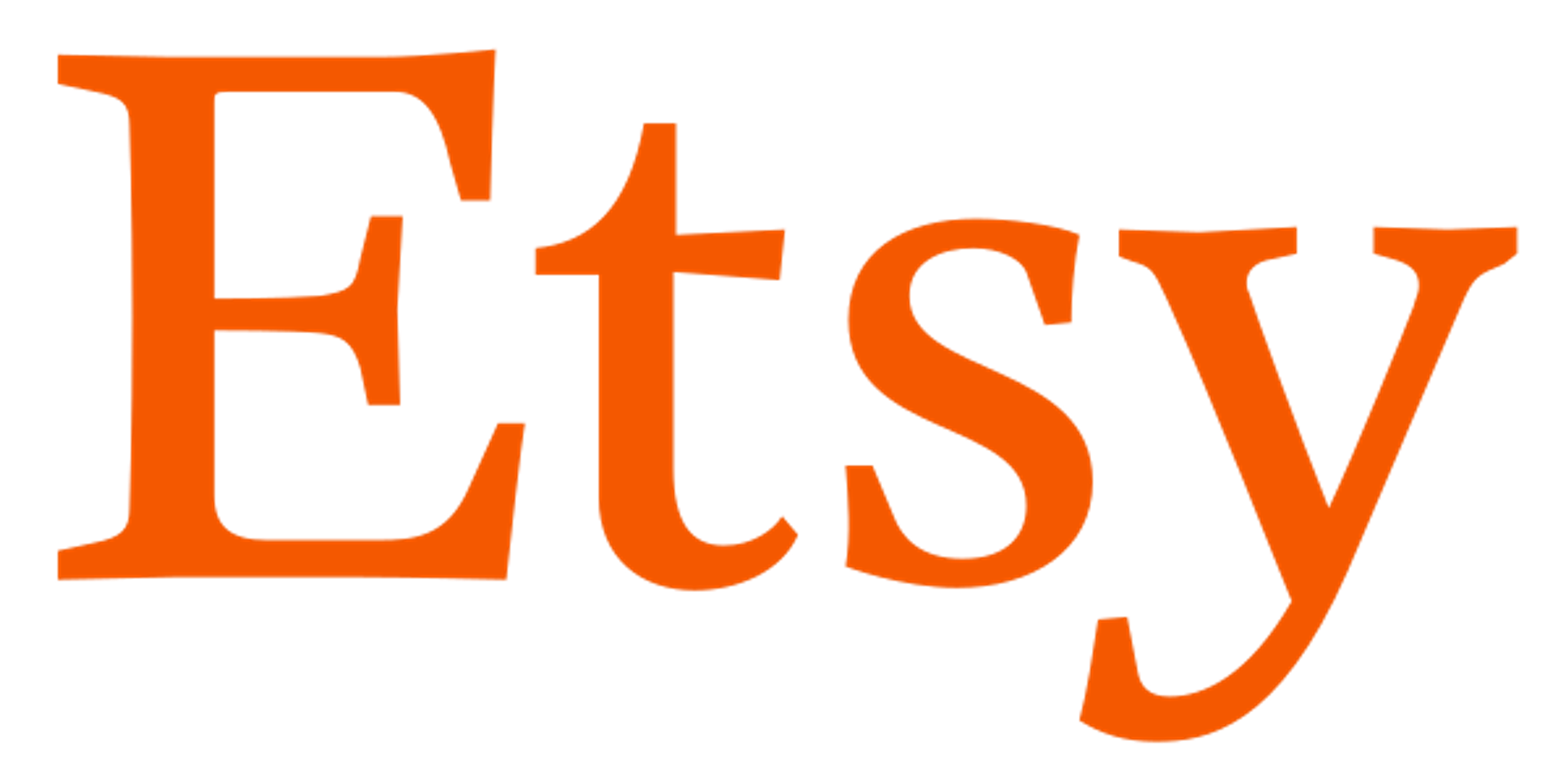
Walmart
What do people say about Walmart?
In the context of a popular podcast episode, Walmart is mentioned primarily in a disparaging manner, linked to cheap, low-quality products that people allegedly use to commit deceptive acts such as refilling expensive branded cosmetics with Walmart alternatives. This narrative paints Walmart as a repository of inferior goods, inadvertently enabling illegal consumer tricks. The conversation implies Walmart products are a lesser substitute for pricier brands, which damages Walmart's perception as a respectable retailer. The discussion also trivializes the moral and legal implications, indirectly associating Walmart with unethical practices and questionable consumer behavior. Overall, the perception is damaging, focusing on Walmart as a symbol of cheapness and low quality that is exploited for dishonest purposes rather than a reliable retail option.
Where are the conversations happening?
The primary source is The Shane Dawson Podcast, a popular entertainment channel known for informal and humorous discussions. The critical commentary about Walmart occurs in a casual, comedic context but carries damaging implications about Walmart's product quality and ethics. The podcast's audience likely perceives Walmart as a cheap, low-quality brand exploited for illegal consumer tricks. No other sources are provided, so the critique is one-sided and emerges from entertainment media rather than serious journalistic analysis. The Shane Dawson Podcast is notably critical, focusing on negative anecdotes and viewer submissions that reinforce a poor image of Walmart.
What are the topics trending around Walmart?
Discussion around consumer scams involving refilling expensive branded cosmetics with cheaper Walmart products and returning them to stores. The trend highlights issues of product quality, consumer ethics, and retail fraud potentially impacting Walmart's reputation and business.
Why are these topics trending?
The trending topic arises because the podcast discusses a specific scam where consumers allegedly use cheap Walmart products to mimic expensive brands, then return the items to stores like Ulta. This behavior directly implicates Walmart products in unethical consumer practices, drawing attention to the quality and perception of Walmart goods and how they might be exploited, thereby influencing public discourse about retail ethics and product integrity.
How is Walmart being talked about?
Detailed breakdown of public sentiment and conversations about this entity.
Impact vs Sentiment
See how each entity's high impact percentage relates to their positive sentiment percentage from actual mentions.





